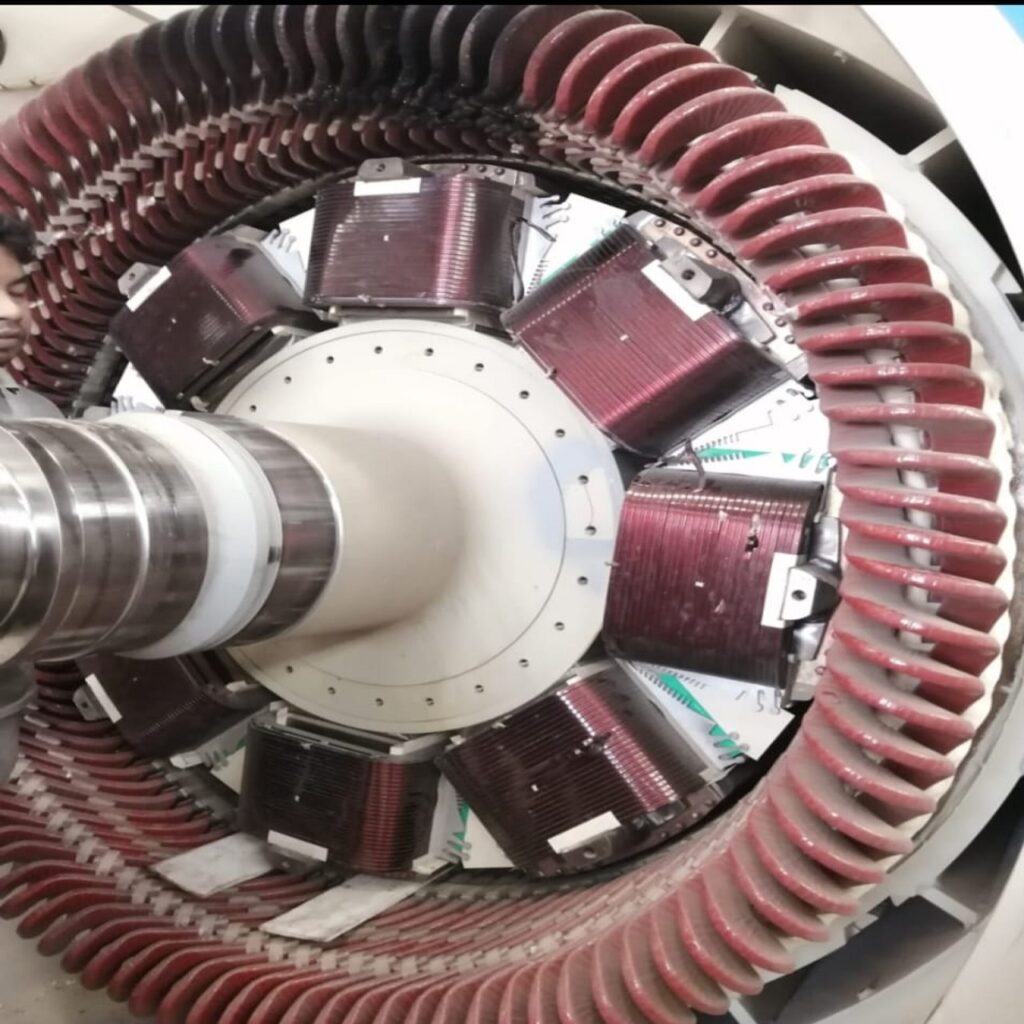Alternators
Understanding the Turbine Alternator: A Comprehensive Overview
What is a Turbine Alternator?
A turbine alternator, also known as a turbine generator, is a device that converts mechanical energy into electrical energy. It consists of a turbine, which is typically driven by steam, water, or wind, and an alternator, which is responsible for generating electricity. The turbine spins the rotor of the alternator, causing it to produce electricity through the process of electromagnetic induction.
Components of a Turbine Alternator
The turbine is the primary component of a turbine alternator and is responsible for converting the kinetic energy of a fluid (such as steam, water, or wind) into mechanical energy. This mechanical energy is then used to drive the rotor of the alternator.
Alternator
The alternator, also known as a generator, is the component of the turbine alternator that converts the mechanical energy provided by the turbine into electrical energy. It consists of a rotor and a stator, which work together to create an electromagnetic field that induces a voltage in the stator windings, thus generating electricity.
Applications of Turbine Alternators
Turbine alternators are widely used in various industries and applications, including:
Power Plants: Turbine alternators are a key component of power plants, where they are used to generate electricity from steam produced by burning fossil fuels or from the kinetic energy of water in hydroelectric power plants.
Renewable Energy: In the context of renewable energy, turbine alternators are crucial for harnessing the power of wind and converting it into electricity through wind turbines.
Industrial Settings: Turbine alternators are essential in industrial settings where a reliable and efficient source of electricity is required to power machinery and equipment.
Benefits of Turbine Alternators
Turbine alternators offer several benefits, including:
Efficiency: Turbine alternators are known for their high efficiency in converting mechanical energy into electrical energy, making them a cost-effective solution for electricity generation.
Reliability: Due to their robust design and simple operation, turbine alternators are highly reliable and require minimal maintenance, providing a consistent source of electricity.
Environmental Impact: In the case of renewable energy applications, turbine alternators contribute to reducing the carbon footprint by generating clean and sustainable electricity.
In conclusion, turbine alternators play a critical role in the generation of electricity across various industries and applications. Their ability to efficiently convert mechanical energy into electrical energy makes them an indispensable component of power generation systems, contributing to both conventional and renewable energy sources.

